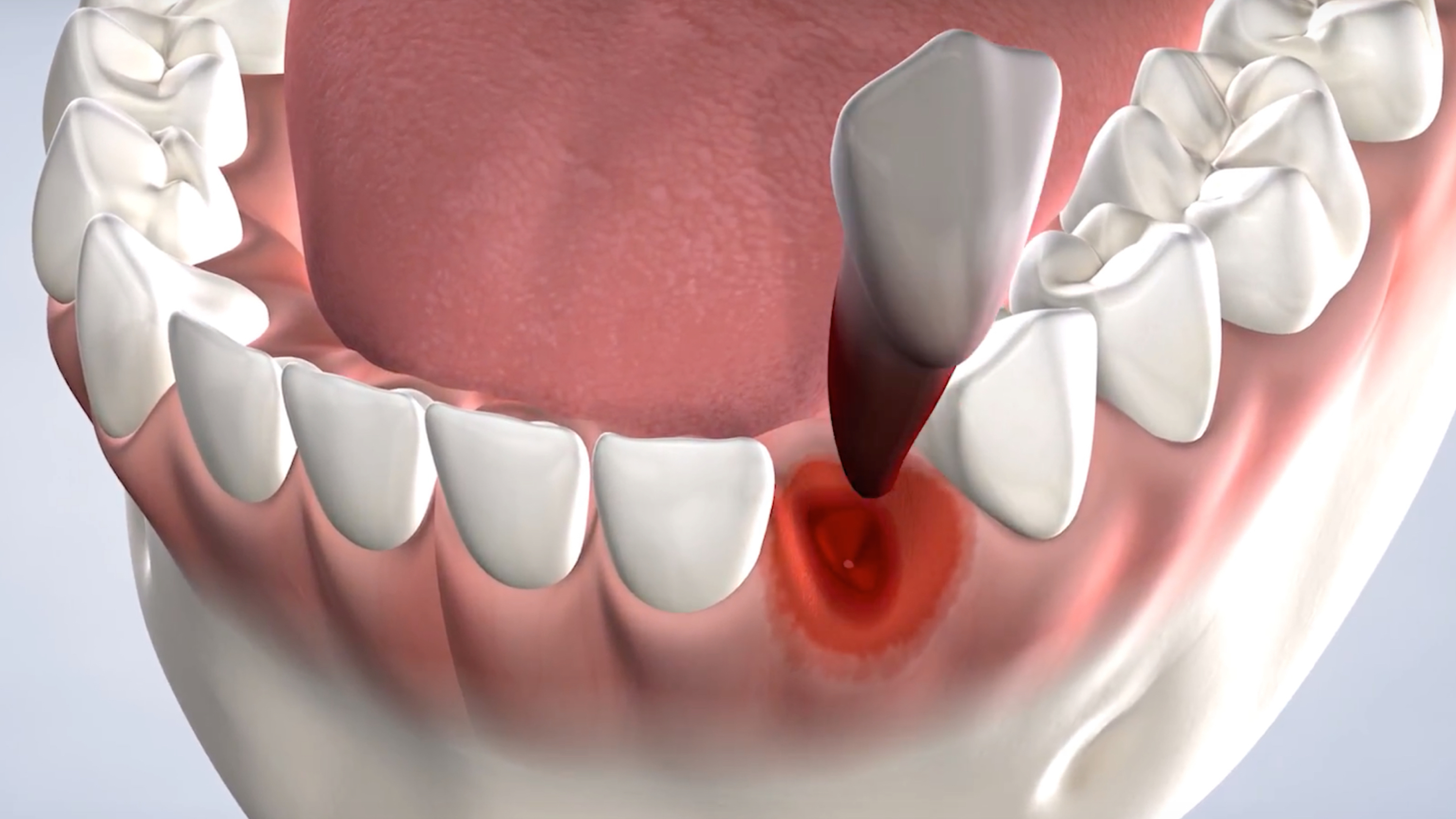Post-Operative Instructions: Tooth Extraction
BackBleeding
A certain amount of bleeding is to be expected following surgery. Slight bleeding, oozing, or redness in the saliva is not uncommon. Excessive bleeding may be controlled by first rinsing or wiping any old clots from your mouth, then placing a gauze pad over the area and biting firmly for 30 minutes. Repeat if necessary. If bleeding continues, bite on a moistened tea bag for 30 minutes. The tannic acid in the tea bag helps to form a clot by contracting bleeding vessels. To minimize further bleeding, do not become excited, sit upright, and avoid exercise. If bleeding does not subside, call for further instructions.
Swelling
The swelling that is normally expected is usually proportional to the surgery involved. Swelling around the mouth, cheeks, eyes and sides of the face is not uncommon. This is the body’s normal reaction to surgery and eventual repair. The swelling will not become apparent until the day following surgery, and will not reach its maximum until 2–3 days post-operatively. However, the swelling may be minimized by the immediate use of ice packs. The ice packs should be left on 20 minutes on and 20 minutes off while you are awake. After 36 hours, ice has no beneficial effect. If swelling or jaw stiffness has persisted for several days, there is no cause for alarm. This is a normal reaction to surgery. 36 hours following surgery, the application of moist heat to the sides of the face is beneficial in reducing the size of the swelling.
Pain
You should begin taking pain medication before the local anesthetic wears off. Ibuprofen (Motrin®, Advil®) 600 mg (3 regular strength over-the-counter tabs), take every 6 hours around the clock for the first 3 days, then every 6 hours as needed after that. Acetaminophen (Tylenol®) 975 mg (3 regular strength over-the-counter tabs), take every 8 hours around the clock for 3 days, then every 8 hours as needed after that. Note: You may take ibuprofen and acetaminophen together at the same time, or you may alternate them so that you are taking medication every 3 -4 hours.
You may be prescribed a narcotic pain medication. If you are prescribed a narcotic, you may take this with the ibuprofen and acetaminophen. Narcotic pain medications can make you nauseous and drowsy. Therefore, do not drink alcohol, drive a car, or operate machinery while taking narcotic pain medication.
Do not take any of the above medication if you are allergic, or have been instructed by your doctor not to take it.
Pain or discomfort following surgery should subside more and more every day after the third or fourth day. If pain persists, it may require attention, and you should call the office.
After a few days you will feel fine and can resume your normal activities. If you have heavy bleeding, severe pain, continued swelling for 2–3 days, or a reaction to the medication, call our office immediately at Westwood Oral Surgery & Dental Implants: (856) 845-1341 and (856) 678-9303.

